Notwithstanding the WTO objective, even eleven years after the inception of the multilateral body, the trade barriers, both in developed and developing countries are quite significant and unilateral liberalization is not easily forthcoming. Although this lack of market access hurt the developing countries much more severely than their developed counterparts, the former groups never systematically bargained at the negotiating table with the latter before the Doha Ministerial (2001). Looking at the negotiating strategies of India and several other WTO members over the years, the nine papers in this volume explore the current negotiating scenario and the concerns for India and other developing countries. While some papers attempts to chalk out the future of global free trade and the determinants of protectionism of major players, the other ones look into the future of India’s sectoral negotiating strategy. The introduction notes that judging by the experience of Cancun (2003) and the recent Hong Kong Ministerial (2005), developing countries are last emerging as quick learners of the rules of the game, but need to sharpen those skills further: “It is quite prudent to understand that hidden from public glare, both the battle and the war will now continue in Geneva, which is less of a free trade bastion than Hong Kong. It is by now a time-honoured fact that the intensity of liberalization undertaken at home makes handling the WTO-induced reforms easier, and the priorities for Indian policy makers are therefore, obvious.â€
View cart “Information Technology: Its Application on the Small Scale Industries Sector” has been added to your cart.
The Trade Game: Negotiation Trends at WTO and Concerns of Developing Countries
$29.70
$33.00
In stock
Free & Quick Delivery Worldwide
All orders amounting to US$ 50 or more qualify for Free Delivery Worldwide. For orders less than US$ 50, we offer Standard Delivery at $14 per book.
ABOUT THE AUTHOR Bibek Debroy
Bibek Debroy is Director of the Rajiv Gandhi Institute for Contemporary Studies (RGICS), Rajive Gandhi Foundation, New Delhi. He is a professional economist and was educated in Presidency College (Calcutta), Delhi School of Economics and Trinity College (Chambridge). He has worked at Presidency College (Calcutta), Gokhale Institute of Politics and Economics (Pune), Indian Institute of Foreign Trade (Delhi), National Council of Applied Economic Research (Delhi) and as consultant, Department of Economic affairs, Ministry of Finance, Government of India. He was also the Director for a project known as LARGE, set up by the Ministry of Finance and UNDP to Consulting Editor with Financial Express. Bibek Debroy's special interests are international trade in particular the WTOI, law reform and the political economy of liberalization in India. He has been listed in many bibliographies and has been a member of several government committees.
ABOUT THE AUTHOR Debashis Chakraborty
Debashis Chakraborty is Research Associate at the Rajiv Gandhi Institute for Contemporary Studies, New Delhi. He was educated at the University of Calcutta and at the Centre for International Trade and Development, Jawaharlal Nehru University and his areas of interest include International Trade, the interface between Law and Economic and Indian Economic Development. He has presented and published papers at various academic and policy forums in India and abroad.
reviews
0 in total
Review by Anonymous
The Trade Game: Negotiation Trends at WTO and Concerns of Developing Countries
Be the first to review “The Trade Game: Negotiation Trends at WTO and Concerns of Developing Countries” Cancel reply
You must be logged in to post a review.
Bibliographic information
Title
The Trade Game: Negotiation Trends at WTO and Concerns of Developing Countries
Author
Edition
1st ed.
Publisher
ISBN
8171885381
Length
237p., Figures; Tables; Maps; Index; 22cm.
Subjects
more by Bibek Debroy see more
more by Debashis Chakraborty see more
Free Trade and Markets in Healthcare: Lessons from Asian Countries
This book of easy aims to ...
$38.70
$43.00
Uses and Misuses of Anti-Dumping Provisions in World Trade
“…It is a myth that the ...
$22.50
$25.00
similar bookssee more
Uses and Misuses of Anti-Dumping Provisions in World Trade
“…It is a myth that the ...
$22.50
$25.00

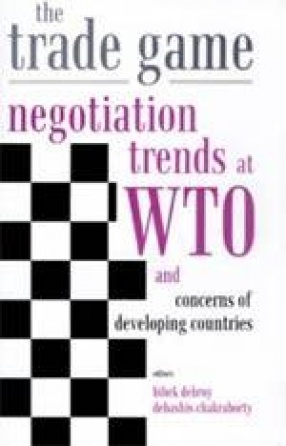
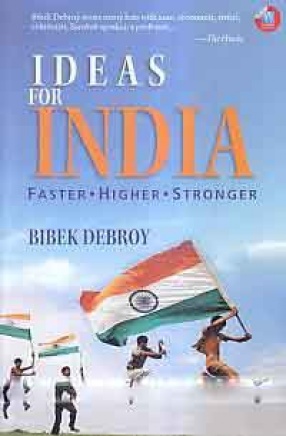
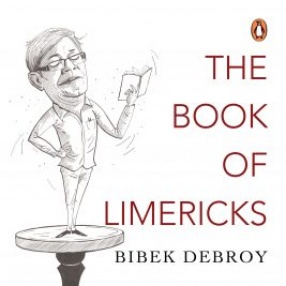
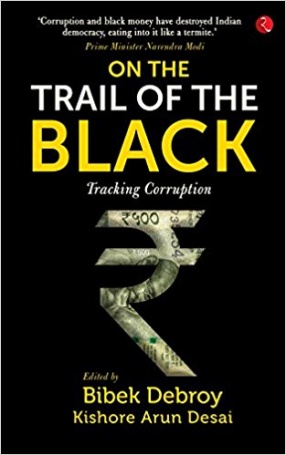
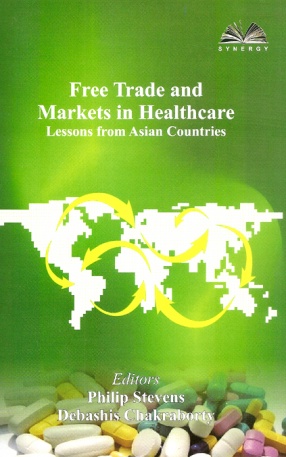
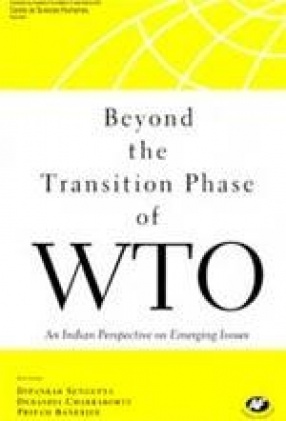
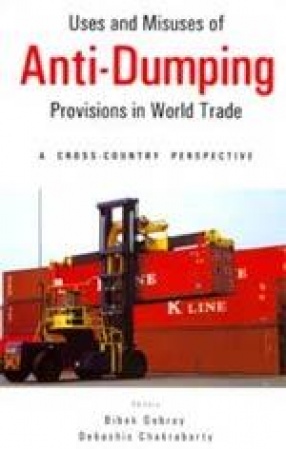

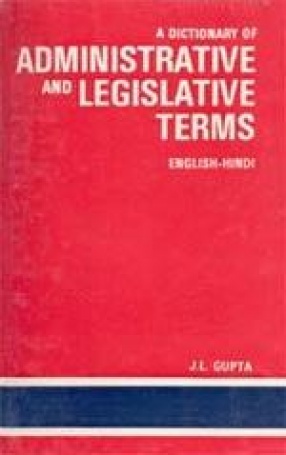
There are no reviews yet.